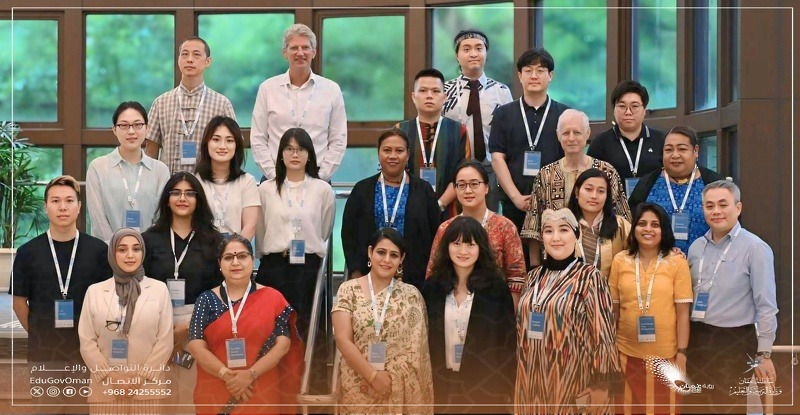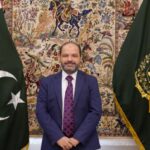HONG KONG – The forum is jointly organised by the International Centre for UNESCO Associated Schools (ICUA) and the UNESCO Chair at the University of Hong Kong.
The forum aims to empower educators to integrate intangible cultural heritage into curricula, develop innovative teaching methods, and inspire teachers and youth to become active contributors to cultural heritage preservation and global harmony.
Yasriya Sulaiman Al Harthy, Director of the UNESCO Associated Schools, Youth Programs, and Clubs Department at the Omani National Commission for Education, Culture, and Science, along with a member of the ICUA Governing Council, highlighted Oman’s experience within the UNESCO Associated Schools Network. She emphasized cultural exchange as a bridge for mutual understanding and peacebuilding.
Read More
- Oman braces for indirect cyclone impact as Shakhti stirs Arabian Sea
- Oman’s Social Protection fund wins triple global recognition at ISSA forum
- Oman’s credit rating affirms success of the financial and economic policies, says Minister of Economy
- Muscat, North and South Al Batinah among top governorates in issuing building permits despite overall drop
- Officials and experts emphasize His Majesty the Sultan’s state visit to Belarus signals fresh horizons for investment and diplomacy
She also reviewed some of the successful national programmes in the Sultanate of Oman, including the Intangible Cultural Heritage Across Continents Project, implemented in cooperation with the Republics of Croatia and Denmark. The project aims to enhance students’ intercultural communication skills and instil pride in their national identity and belonging, enabling students to highlight their culture and history, and preparing them to represent Oman in regional and international forums.
It is worth noting that the International Centre for UNESCO Associated Schools (ICUA) in China serves as an educational hub supporting the global network of UNESCO-associated schools. It encourages international cooperation and innovation through knowledge production, capacity building, technical support and information exchange. It also contributes to achieving the fourth goal of the United Nations Sustainable Development Goals.
The Centre enables students, teachers and communities to participate in shaping a future of peace and sustainability through capacity development, youth engagement, research and international cooperation.







